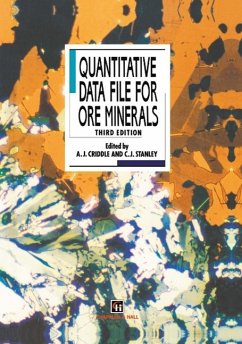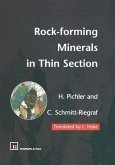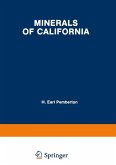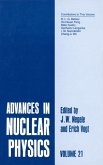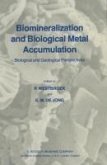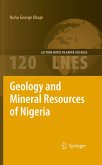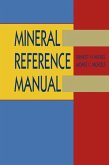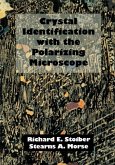reviewers, and reported by users of the earlier This third edition (or issue) of the Quantitative Data File for ore minerals (QDF) of the Commission on editions. The result is that 510 species and 125 are Mineralogy of the International Mineralogical compositional or structural variants, or varieties, of Association (COM-IMA) is published, with the species, are represented in QDF3. A large number of support of the Natural History Museum, London, by the entries include data collected from the type Chapman & Hall. It has been greatly revised and specimen of a mineral: these include data extracted enlarged and now includes graphs of the reflectance from the published literature. In this respect, QDF3 spectra for all of its entries. These have been differs from earlier editions. included in response to requests from users of the We have also revised and simplified the notes earlier editions. Also included, for those users concerning X-ray data: no longer are the strongest unfamiliar with the application of such spectra to lines in the powder diffraction pattern quoted, nor mineral identification, are introductory notes, are cell dimensions generally given. Instead, it was illustrated with examples of R spectra. decided to refer to data from the original description, The 635 data sets, which are arranged or to data in the PDF of the JCPDS.
Dieser Download kann aus rechtlichen Gründen nur mit Rechnungsadresse in A, B, BG, CY, CZ, D, DK, EW, E, FIN, F, GR, HR, H, IRL, I, LT, L, LR, M, NL, PL, P, R, S, SLO, SK ausgeliefert werden.
Hinweis: Dieser Artikel kann nur an eine deutsche Lieferadresse ausgeliefert werden.

